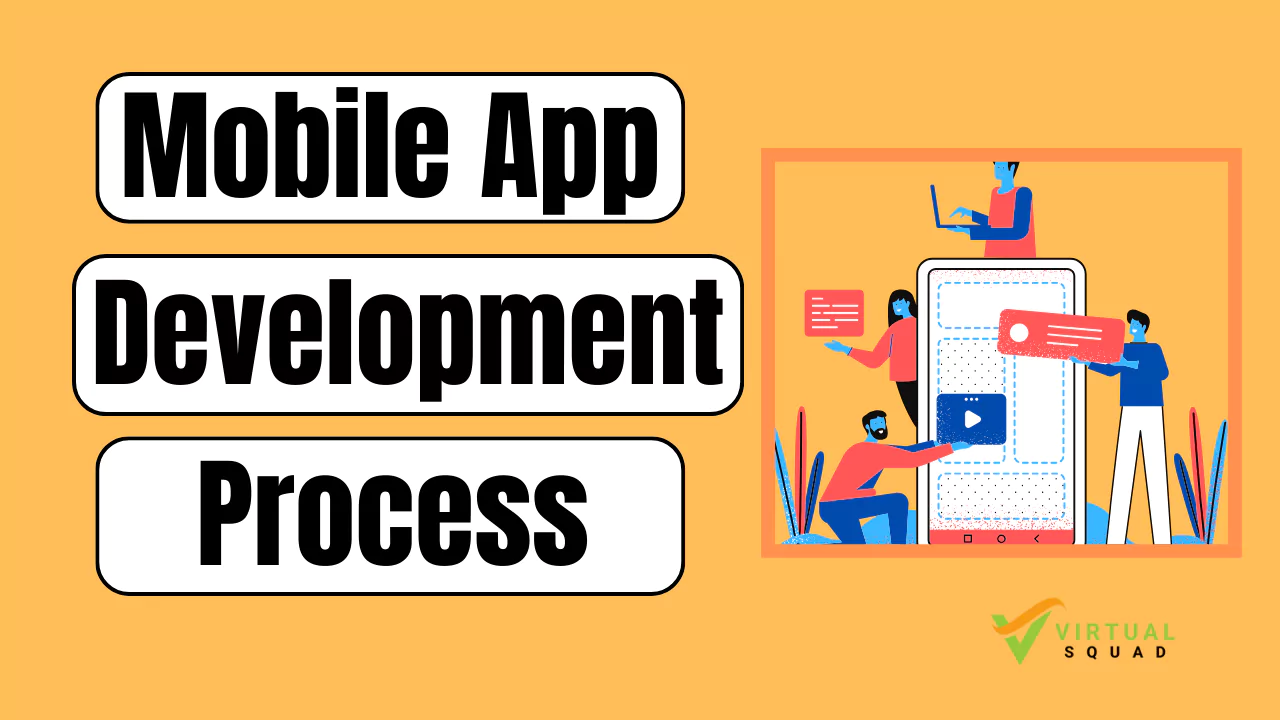In today’s digital age, where smartphones have become an integral part of our daily lives, mobile applications have emerged as powerful tools for businesses and individuals alike. From enhancing productivity to delivering personalized experiences, mobile apps offer endless possibilities. However, behind every successful mobile app lies a meticulously crafted development process. In this guide, we will navigate through the stages of app development, uncovering the intricacies of the app development life cycle and the steps involved in bringing a mobile application to life.
Understanding the App Development Process
The app development process, also known as the mobile app development process, encompasses a series of stages that transform an idea into a fully functional application. From conceptualization to deployment, each stage plays a crucial role in shaping the final product. Let’s delve into the key steps of the app development procedure:
Ideation and Conceptualization:
Every successful mobile app begins with a clear idea and a thorough understanding of its target audience and market potential. During this stage, stakeholders brainstorm ideas, conduct market research, and define the app’s core features and functionalities.
Market Research and Analysis:
Conducting comprehensive market research is essential for identifying market trends, understanding competitors, and validating the app idea. This phase involves gathering insights into user preferences, analyzing competitor apps, and identifying opportunities for differentiation.
Planning and Strategy:
Once the app concept is defined and validated, the next step is to create a detailed project plan and development strategy. This involves defining project scope, setting timelines, allocating resources, and establishing milestones for each stage of the app development life cycle.
Design and Prototyping:
Design plays a critical role in shaping the user experience (UX) and user interface (UI) of the app. During this phase, designers create wireframes, mockups, and prototypes to visualize the app’s layout, navigation, and interactive elements. Iterative feedback and testing help refine the design to ensure optimal usability and aesthetics.
Development and Coding:
The development phase involves writing code to implement the app’s features and functionalities. Developers leverage programming languages such as Java, Swift, or Kotlin to build native, hybrid, or cross-platform apps, depending on the project requirements. Continuous integration and version control practices streamline the development process and ensure code quality.
Testing and Quality Assurance:
Testing is a crucial stage in the app development process, where developers rigorously test the app for bugs, errors, and performance issues. Quality assurance (QA) engineers conduct functional testing, compatibility testing, usability testing, and performance testing to ensure the app meets quality standards and delivers a seamless user experience across different devices and platforms.
Deployment and Distribution:
Once the app is thoroughly tested and approved, it is ready for deployment to app stores or distribution platforms. Developers generate build packages, configure app store listings, and comply with app store guidelines for submission. App deployment may involve releasing beta versions for user feedback and conducting soft launches before a full public release.
Post-Launch Maintenance and Updates:
Launching the app is just the beginning of its lifecycle. Continuous maintenance and updates are essential for addressing user feedback, fixing bugs, optimizing performance, and adding new features. Developers monitor app performance, collect user feedback, and iterate based on market dynamics and emerging trends to ensure the app remains competitive and relevant.
Conclusion
The mobile app development process is a complex yet rewarding journey that requires careful planning, collaboration, and execution. By following a systematic approach and leveraging best practices. Businesses can navigate through the stages of app development successfully and bring their app ideas to fruition. Whether you’re a startup looking to disrupt the market or an established enterprise aiming to enhance customer engagement, understanding the app development process is essential for achieving your goals in the fast-paced world of mobile technology.






